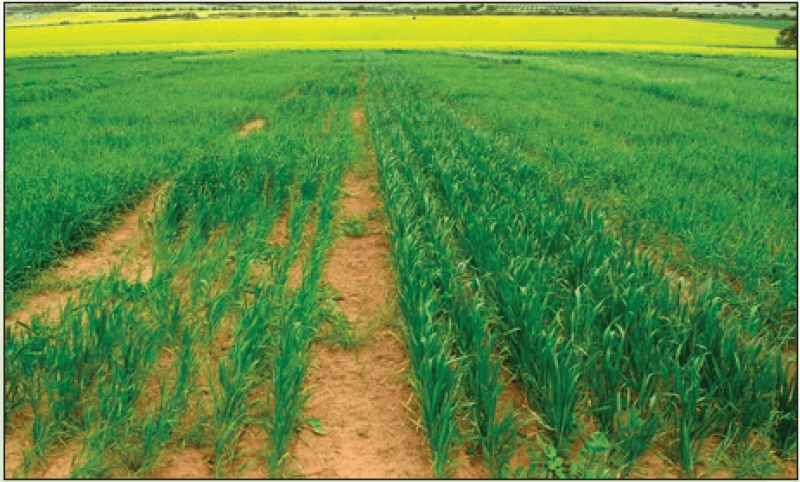An estimated $130 billion worth of crops are lost every year to diseases caused by nematodes. Targeting the harmful nematodes with chemical pesticides is problematic because they can indiscriminately harm other insects.
There are naturally occurring bacteria contained in soil which can help protect plants against harmful nematodes, but until now there has not been an effective way to harness the power of these bacteria to protect crops on a large scale. [Researchers] used ‘RNA interference’ (RNAi) to precisely target a species of nematode that harms wheat.
[Dr Konstantin Blyuss, from the School of Mathematical and Physical Sciences at the University of Sussex] explained: “A nematode, as all other living organisms, requires some proteins to be produced to survive and make offspring, and RNA interference is a process which stops, or silences, production of these [proteins].”The team has developed a method to ‘silence’ the harmful nematode’s genes by using biostimulants derived from naturally occurring soil bacteria. The biostimulants also ‘switch off’ the plant’s own genes that are affected by the nematodes, making it much harder for the parasite to harm the crop.
Read full, original article: Mathematician’s breakthrough on non-toxic pest control































